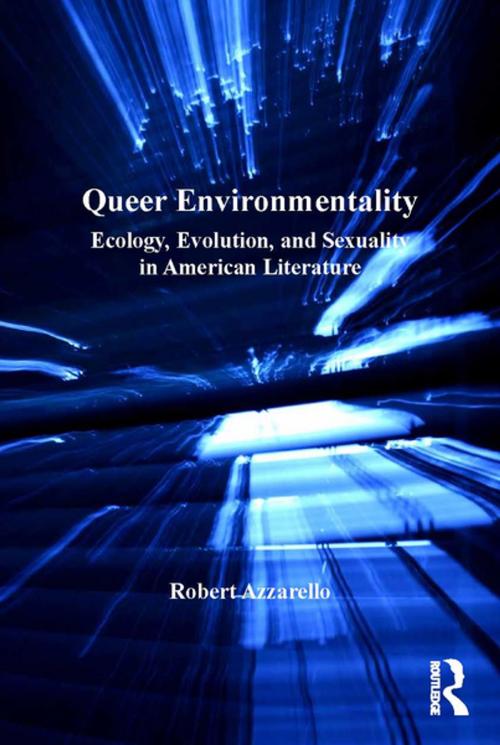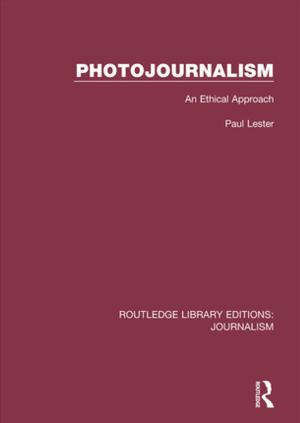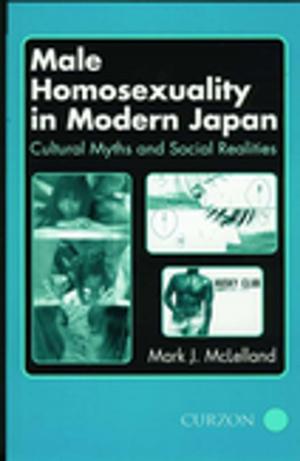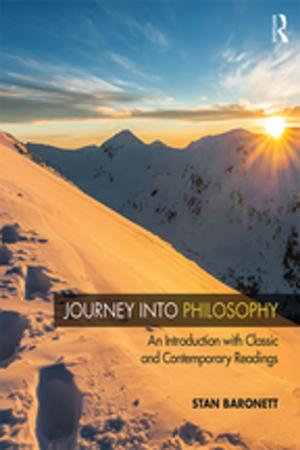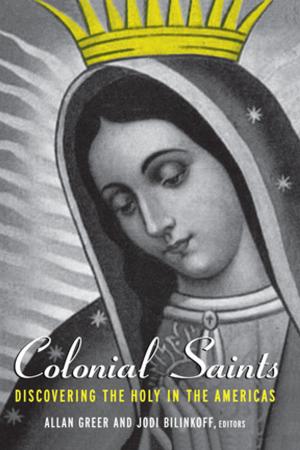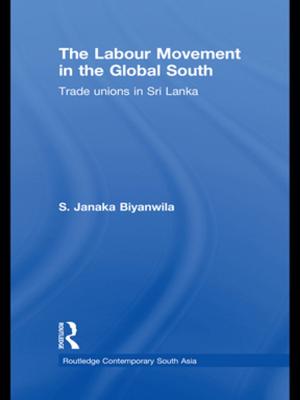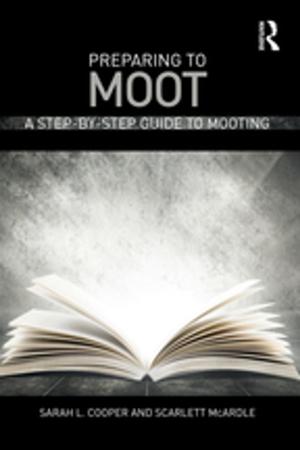Queer Environmentality
Ecology, Evolution, and Sexuality in American Literature
Nonfiction, Social & Cultural Studies, Social Science, Gender Studies, Gay Studies| Author: | Robert Azzarello | ISBN: | 9781317072812 |
| Publisher: | Taylor and Francis | Publication: | April 15, 2016 |
| Imprint: | Routledge | Language: | English |
| Author: | Robert Azzarello |
| ISBN: | 9781317072812 |
| Publisher: | Taylor and Francis |
| Publication: | April 15, 2016 |
| Imprint: | Routledge |
| Language: | English |
Offering a model for meaningful dialogue between queer studies and environmental studies, Robert Azzarello's book traces a queer-environmental lineage in American Romantic and post-Romantic literature. Azzarello challenges the notion that reading environmental literature is unsatisfying in terms of aesthetics and proposes an understanding of literary environmentalism that is rich in poetic complexity. With the term "queer environmentality," Azzarello points towards a queer sensibility in the history of environmental literature to balance the dominant narrative that reading environmental literature is tantamount to witnessing a spectacular dramatization of heterosexual teleology. Azzarello's study treats four key figures in the American literary tradition: Henry David Thoreau, Herman Melville, Willa Cather, and Djuna Barnes. Each of these writers problematizes conventional notions of the strange matrix between the human, the natural, and the sexual. They brilliantly demonstrate the ways in which the queer project and the environmental project are always connected or, put another way, show that questions and politics of human sexuality are always entwined with those associated with the other-than-human world.
Offering a model for meaningful dialogue between queer studies and environmental studies, Robert Azzarello's book traces a queer-environmental lineage in American Romantic and post-Romantic literature. Azzarello challenges the notion that reading environmental literature is unsatisfying in terms of aesthetics and proposes an understanding of literary environmentalism that is rich in poetic complexity. With the term "queer environmentality," Azzarello points towards a queer sensibility in the history of environmental literature to balance the dominant narrative that reading environmental literature is tantamount to witnessing a spectacular dramatization of heterosexual teleology. Azzarello's study treats four key figures in the American literary tradition: Henry David Thoreau, Herman Melville, Willa Cather, and Djuna Barnes. Each of these writers problematizes conventional notions of the strange matrix between the human, the natural, and the sexual. They brilliantly demonstrate the ways in which the queer project and the environmental project are always connected or, put another way, show that questions and politics of human sexuality are always entwined with those associated with the other-than-human world.
